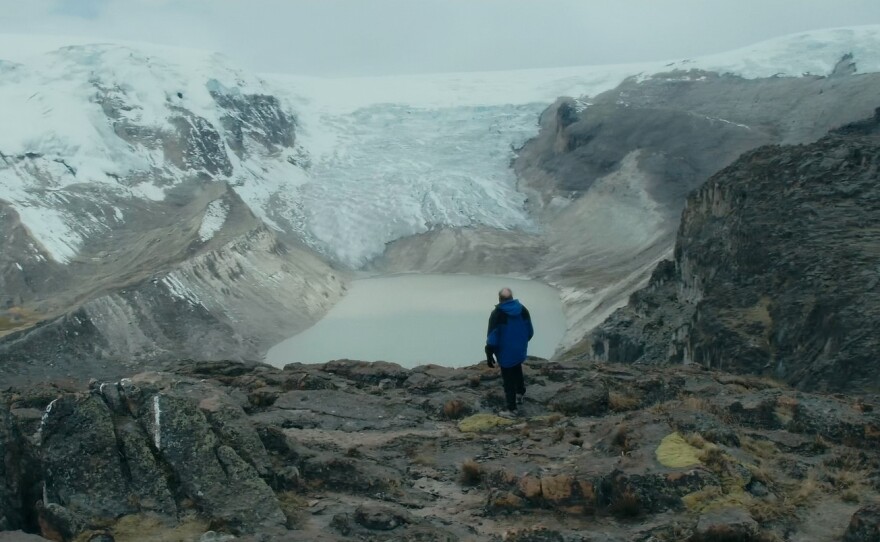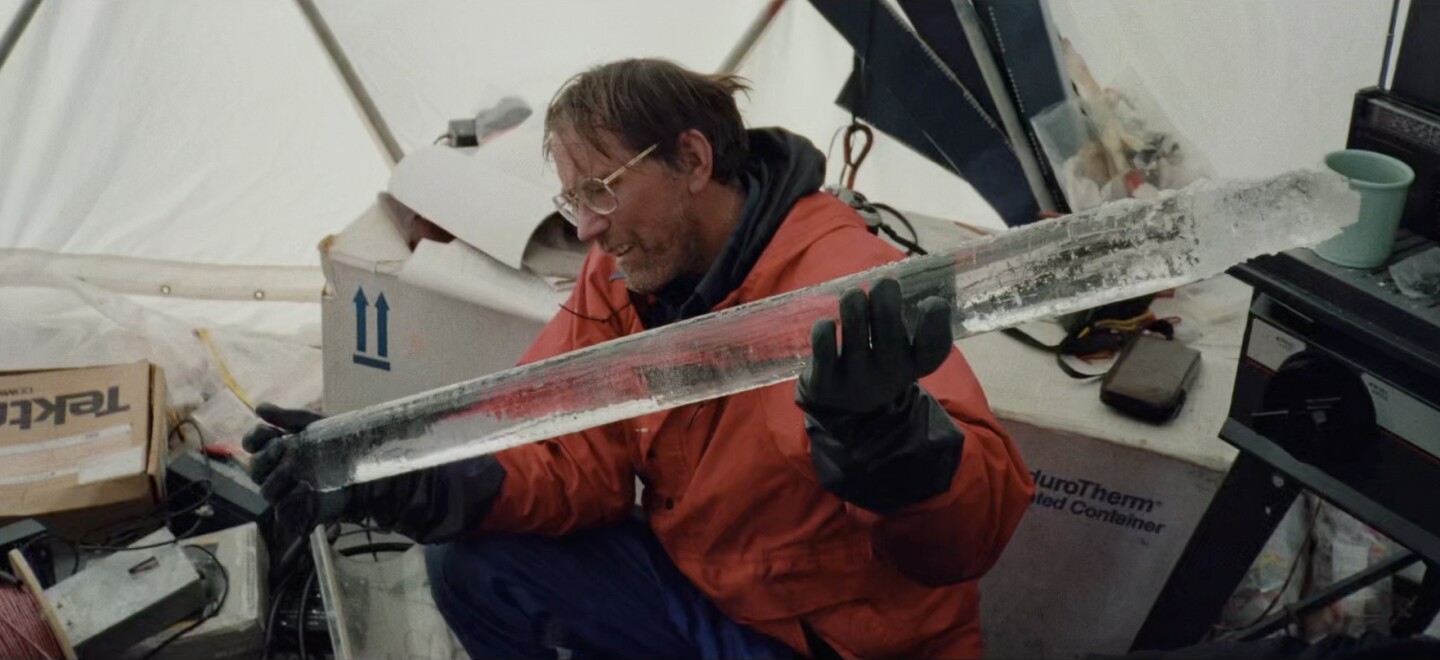The Blue Water Film Festival (BWFF) returns for its fifth year on Thursday. The four-day event encourages attendees to think about how climate change affects our planet.
The festival was founded in 2020 to celebrate the Untied Nations World Water Day and to promote San Diego as a hub for marine science, naval exploration, and an epicenter for environmental storytelling.
It is also dedicated to showcasing films that raise awareness about the preservation of the planet and that discover, innovate and support the next generation of environmental filmmakers from all over the world. This year, the festival will screen 44 features, shorts and animated films from around the globe.
Opening night will be Jean-Albert Lievre's "Whale Nation" at the Museum of Photographic Arts (MOPA) in Balboa Park. Also at MOPA will be the centerpiece documentary "Orca: Black White and Gold," while closing night will take place at La Jolla Riford Library and feature reporter David Abel’s "Inundation District" and "In the Whale."
This year, local filmmakers will be represented by a pair of films, "Canary," co-directed by Del Mar resident Alex Rivest, and "Relentless," directed by Thomas Lindsey Haskin of La Mesa.

"Canary" focuses on Lonnie Thompson, a scientist who’s been studying glaciers for half a century and who is described as a real life Indiana Jones.
In the film Thompson noted: "These glaciers are our canary in a coal mine, our early warning system for the planet, and they're telling us there's serious danger here."
But Thompson is also a canary because he was one of the first people to witness the changing glaciers. Rivest, who co-directed the film with Danny O'Malley, found both the science and Thompson fascinating.
"If you drill into the top of a glacier, straight down, and get a cylinder of ice, you are basically looking back in time," Rivest explained. "Lonnie has ice from Tibet, which may go back as far as one to 1.5 million years, which contains an entire history of what the atmosphere was like in that part of the planet. A lot of us talk about climate change and what it's going to do to our future. And one of the things you realize is, with the melting glaciers, these records of our past are also disappearing."
Rivest is a neuroscientist who left his field to make films because he was unhappy with how the media was presenting science.
"I was one of these people who'd go to the ends of the earth, kind of just seeking adventure," Rivest said. "And as far off the map as I would go — I would always see people a little further off than I was. And those people were always scientists. These people are in these most beautiful, remote, and insane locations, and they're there just because of their curiosity. Curiosity can allow you to be an explorer. And for me, that notion just stuck with me. And I said, 'I'm going to figure out a way to show that curiosity can take you to these amazing places it enables you to explore.'"
Now Rivest has made it his mission to tell stories not just about science but also about the scientists.
"When you think of how important science is to us to navigate this world, to deal with things like pandemics and climate change, we need a relationship with science that's built on trust and understanding," Rivest said. "When you see people who give up everything in their life to fight for something, just to learn something, you see science differently. And your trust in how science can be fallible, that's part of science, right? A lot of people say, 'Look, they said this, and now they say this.' That's part of the process. You have to be open to understanding that when better information comes, that the models get updated. And so part of Lonnie's story is showing science in all of its warts. And all the problems that come with a human enterprise are the fact that humans are the ones conducting it. But the beauty of science is that it allows you to get closer and closer to the answers and to get closer and closer to understanding things."
"Canary" is just one of dozens of environmentally conscious features and shorts screening at Blue Water Film Festival March 21-24. The full schedule of films is available here. Films will screen at MOPA, The Conrad, UCSD Innovation Building, Encinitas Community Center, La Jolla Riford Public Library, La Jolla Recreation Center, UCSD Park & Market, Patagonia Cardiff by the Sea Retail Store and and virtually.








